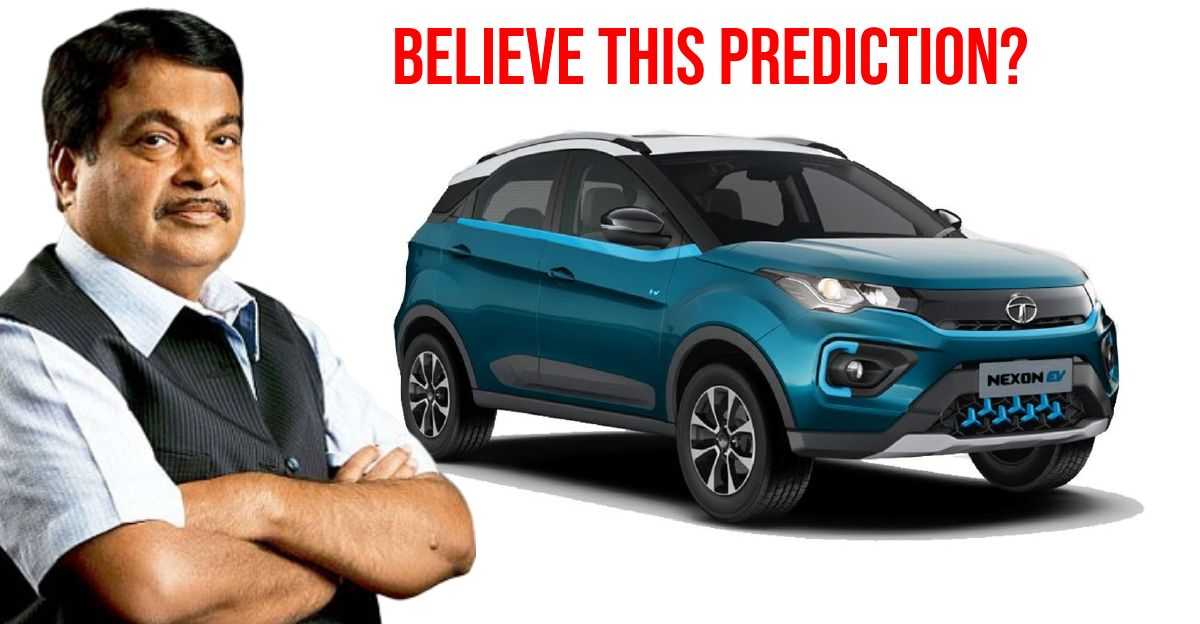Business
Nitin Gadkari Announces Potential Price Parity for Electric Vehicles in India

Indian Minister Nitin Gadkari has declared that the rapidly growing electric vehicle market in India could soon see a dramatic shift in pricing. Gadkari mentioned during an episode of ‘The Lallantop’ that the cost of lithium-ion batteries, a key component in EVs, has decreased significantly. He explained that a $12 difference is all that separates EV prices from petrol and diesel vehicles’ prices. As battery costs continue to decline, EVs could become equally priced with their traditional counterparts.
Gadkari elaborated on the calculation of battery prices in kilowatt-hours (kWh), where a higher kWh rating translates to greater range for the vehicle. Currently, EVs in India range from 18.1 kWh to 91 kWh, with the minister highlighting the initial costs of $150 per kWh. This reduction could potentially lead to significant price reductions for EVs, making them more accessible to the general public.
With China dominating the global EV market, other countries like India are also ramping up efforts to explore various battery options. In India, efforts are being made to lower the cost of a 40 kWh battery, which has already dropped to approximately ₹3,71,240. Gadkari expressed optimism that this figure could further decrease to ₹3,31,480, bringing EV prices closer to parity with traditional vehicles.
Despite concerns about battery range, Gadkari reassured that a 400-kilometer range after a full charge ensures that daily commutes are easily covered. Charging infrastructure is also rapidly expanding, with over 670 charging stations being set up for longer journeys between cities like Delhi, Jaipur, and Katra (Jammu). Improved infrastructure aims to alleviate any anxiety regarding long-distance travel in EVs.
The advancements in battery technology, coupled with a competitive pricing strategy, suggest a promising future for electric vehicles in India. With projected price reductions and expanding charging infrastructure, the market could witness a significant shift towards eco-friendly transportation options.












